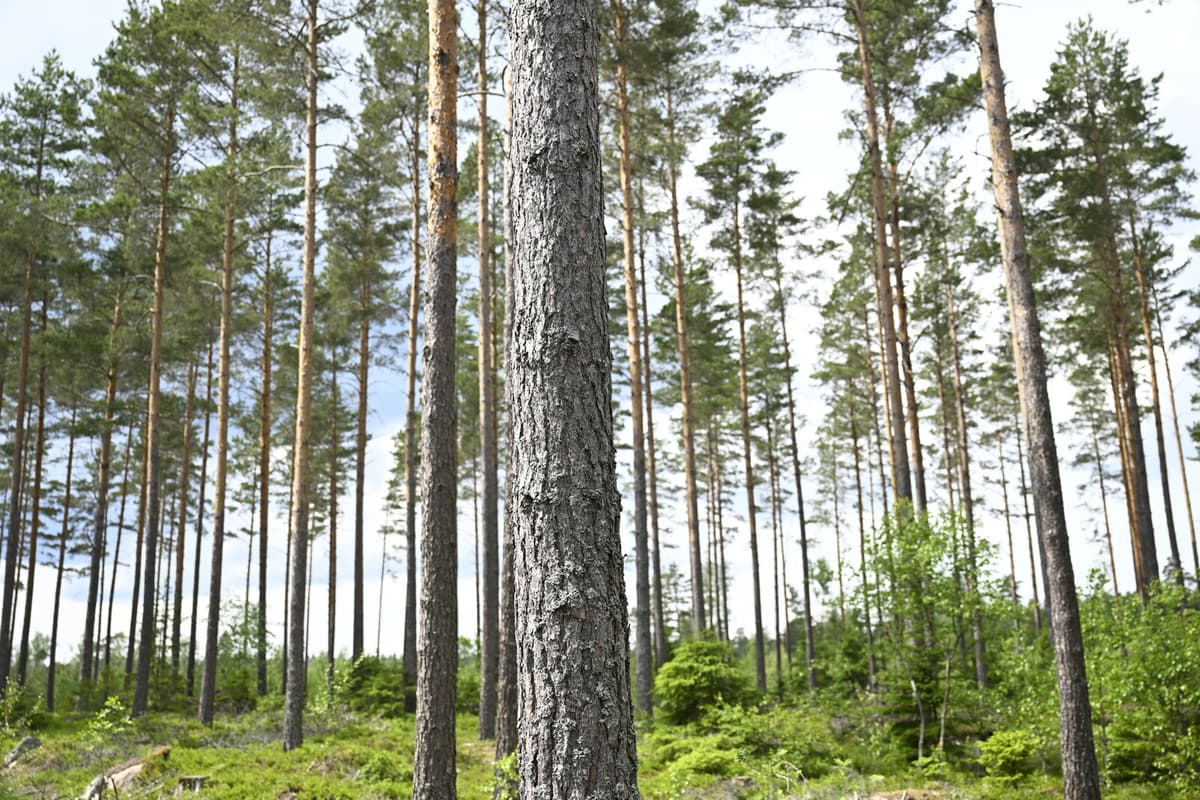A proposal from the investigator Göran Örlander is to shorten the time between the forest owner's notification of felling to the Swedish Forest Agency to the start of the actual felling – from the current six weeks to ten days. He also proposes that it should not be possible to appeal the notification of felling that the Swedish Forest Agency does not act on.
That environmental organizations cannot appeal "non-decisions" when the Swedish Forest Agency fails to make a decision due to neglect or lack of resources is unacceptable, says Peter Roberntz, forest expert at the World Wildlife Fund WWF.
This, together with the shortened time between notification and permitted felling, means an increased risk that biologically valuable forests will be felled, he says.
"A dead hand"
The Swedish Federation of Farmers' chairman Palle Borgström, on the other hand, welcomes the proposals.
We think the investigators have the right intentions to simplify, clarify and create more legal certainty for forest owners. It is currently difficult to predict in advance how courts will rule and this can, in the worst case, put a dead hand on forest owners, says Borgström.
Landowners are also proposed to receive compensation when it is not possible to cultivate the forest because nature needs to be protected. This should amount to 125 percent of the market value in money.
Already today, forest owners can receive compensation for not felling forests with high natural values, but there is a lack of money. This is a signal to the government to strengthen the financing. But if the government does not do so, it will be a blow in the air, says WWF's Peter Roberntz.
Questions about the list
Camilla Sandström, professor of political science at Umeå University, who researches environmental policy, says it is good that the boundaries are clarified for landowners' and the state's responsibility for achieving the forestry policy goals. Today, forestry policy is based on the principle of "freedom under responsibility".
But the new simplified processes will place high demands on knowledge about what exists in the forest - both on landowners and on the Swedish Forest Agency. She also sees challenges with the list that is to show when a forest owner cannot simply notify that they want to fell the forest but when consultation is required.
Another question is what happens in a simplified process if, for example, a rare species is discovered when felling has already begun, which was not known before, says she.
The forestry investigation was set up in February and is to be finalized by August 31 next year at the latest.






